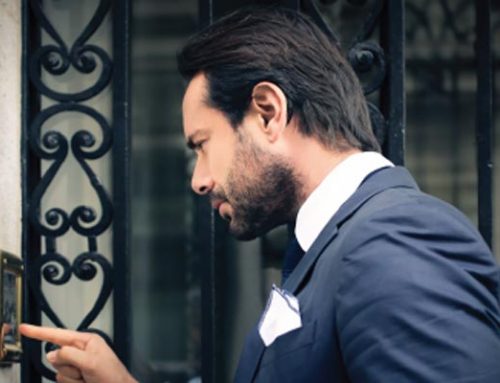[custom_headline level=”h7″]This is the final installment of a 3-part series on Language and Perceptions about Domestic Sex Trafficking. Click to read Part 1 and Part 2.[/custom_headline][line]
[/icon_list_item][icon_list_item]• Survivors are the real experts. “Experience: that most brutal of teachers. But you learn, my God do you learn” (C.S. Lewis). Those who have studied sex trafficking for years still know nothing in comparison to those who have experienced it firsthand. We are to be bold and unafraid in raising our voices for the voiceless, but we should not deceive ourselves into thinking that we can explain or understand the intricacies better than a survivor.[/icon_list_item][icon_list_item]• There is no one perfect story of how trafficking happens. To argue differently robs survivors of the agency they are already attempting to regain. When we frame only one narrative of victimhood, survivors without similar stories receive unwarranted skepticism. As a tragic result, countless survivors are hesitant to seek help or identify themselves due to senseless stigmas. We can’t count on one movie or book to show us how it occurs or what it feels like. No one knows every fact, statistic, and story. This issue is continually evolving in its complexity, so never stop learning.[/icon_list_item][/icon_list]
Survivors don’t always look, act, and feel the way we think they do or should. We shouldn’t discount facts or stories just because they’re different than what we perceived. Reconsideration of language and perceptions isn’t about being politically correct; it’s about accurately reflecting reality. We possess the power to shift paradigms.
Let me take my own advice – I’ll stop talking and share their words. Here’s Rachel Lloyd, business executive, author, and survivor, addressing anti-trafficking advocates:
“We love and appreciate our true allies, we respect those who treat us as fully-rounded, complex, normal human beings not like some freak show with a story…What we don’t need any more of are good intentions that aren’t backed up by thoughtfulness, integrity, common sense values and an educated, informed approach. Survivors aren’t actually asking for special treatment, we’re simply asking to be treated as people, as colleagues, as leaders in this work who bring far more to the table than the ability to make people cry. We’re asking simply that in your fight to help victims of trafficking, that you don’t harm survivors in the process.”





